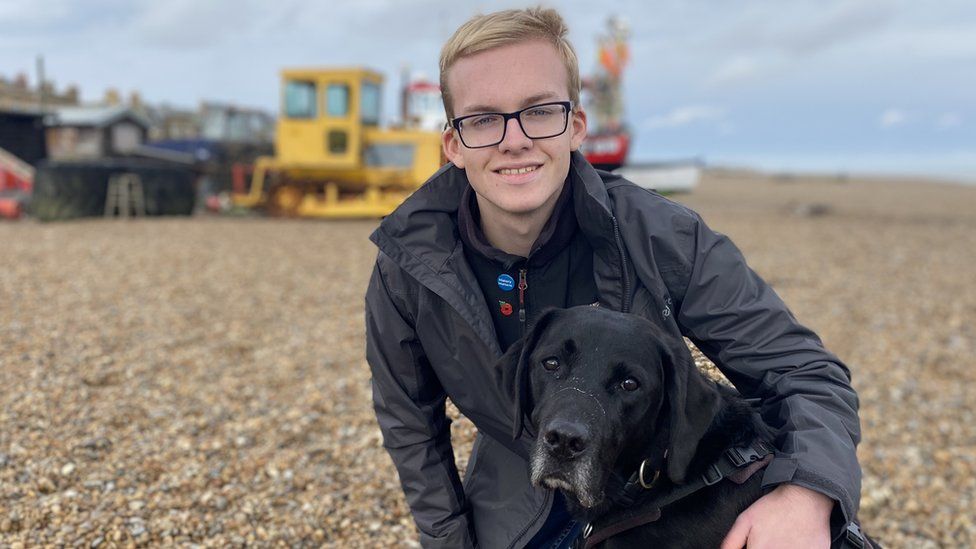LONDON:The government has announced that British Sign Language (BSL) will be offered as a GCSE option in England starting from September 2025.
The course will be accessible to all students, who will acquire 1,000 signs and a valuable skill that promotes diversity and inclusion.
Gillian Keegan, the Education Secretary, praised the new subject as a “door-opener” for young people.
The syllabus will be assessed and approved by Ofqual, the exams watchdog, before it is introduced in schools and colleges.
The course content reflects the feedback from a 12-week public consultation that involved parents, teachers and representatives from the deaf and hearing communities.
BSL became an official language in the UK last year, following the enactment of the British Sign Language Act.
Susan Daniels, the chief executive of the National Deaf Children’s Society, expressed her joy at the publication of the course content, saying that it was the result of 10 years of advocacy. She also said that the GCSE will honour the “rich culture and history of British Sign Language”.

Deaf teen’s campaign leads to BSL GCSE
Daniel Jillings, a 17-year-old who is profoundly deaf and does not speak, was the driving force behind the government’s decision to introduce a GCSE in British Sign Language (BSL).
The teenager, who was born without a cochlea and cannot benefit from hearing aids or cochlear implants, started his campaign for the GCSE when he was only 12 years old.
He says that the new qualification is a “historic moment” for the British deaf community and a “powerful step to equality”.
The teenager also addressed a parliamentary event earlier this year, highlighting the need for deaf awareness and specialist education support for deaf young people.
He says that the GCSE will enable hearing students to learn BSL and become more aware of the deaf community.
Daniel missed the chance to take the GCSE himself, but he hopes that it will make “deaf students feel more included in school”.
According to the British Deaf Association, around 151,000 people in the UK use BSL, of whom 87,000 are deaf.
Arran Masterman, from the National Deaf Children’s Society, praised the GCSE as a “huge leap forward”, saying that “it is a fun, engaging language to learn”.
Mr Masterman, who is a native BSL user, also said that the GCSE will help to ensure that “the deaf community, especially deaf children and young people, are not left out”.
Challenges and opportunities for schools to offer BSL GCSE
Schools will have to figure out how to provide and implement the new GCSE in British Sign Language (BSL) for students.
Geoff Barton, the general secretary of the Association of School and College Leaders, said the union was “fully behind” the new GCSE, but cautioned that “there are likely to be practical challenges because schools are facing tremendous pressure on staffing, finances and time”.
Sue Denny, the president of the British Association of Teachers of the Deaf, said she hoped that training would be made available to deaf and hearing people who are proficient in BSL to teach the GCSE subject.
She also said that there would be a need to have sustainable succession planning to attract and keep qualified BSL teachers.






